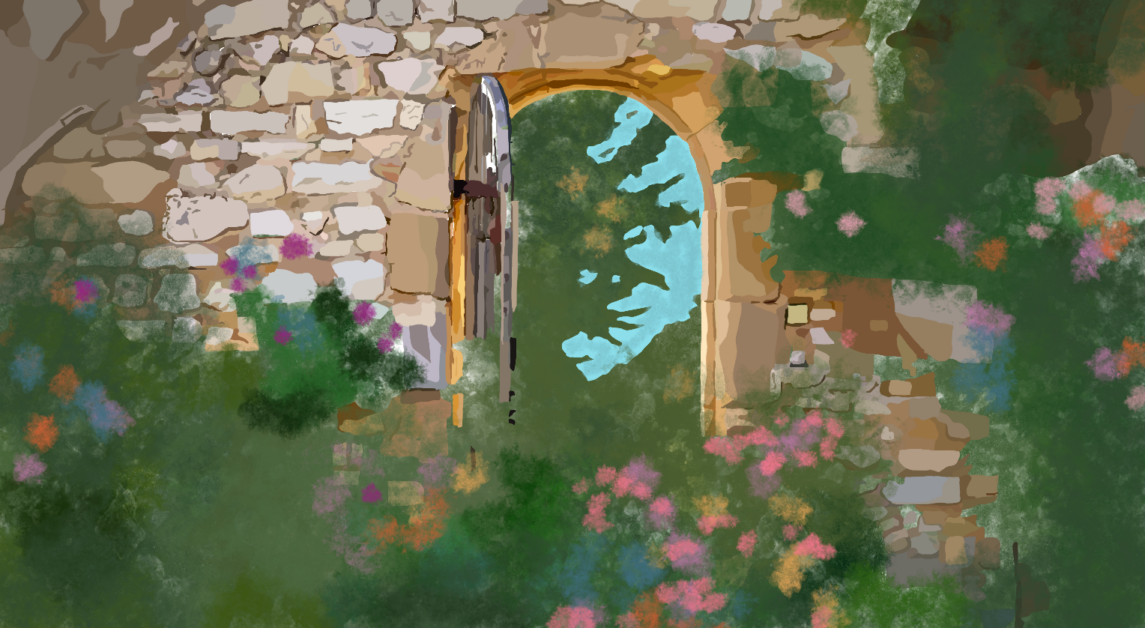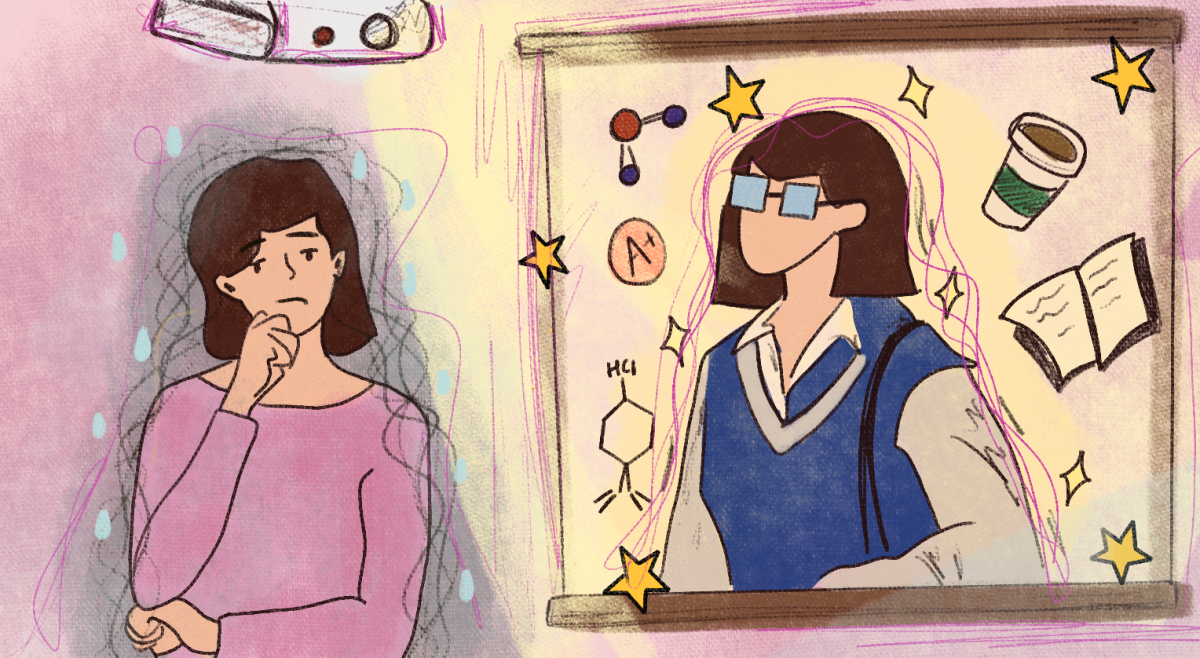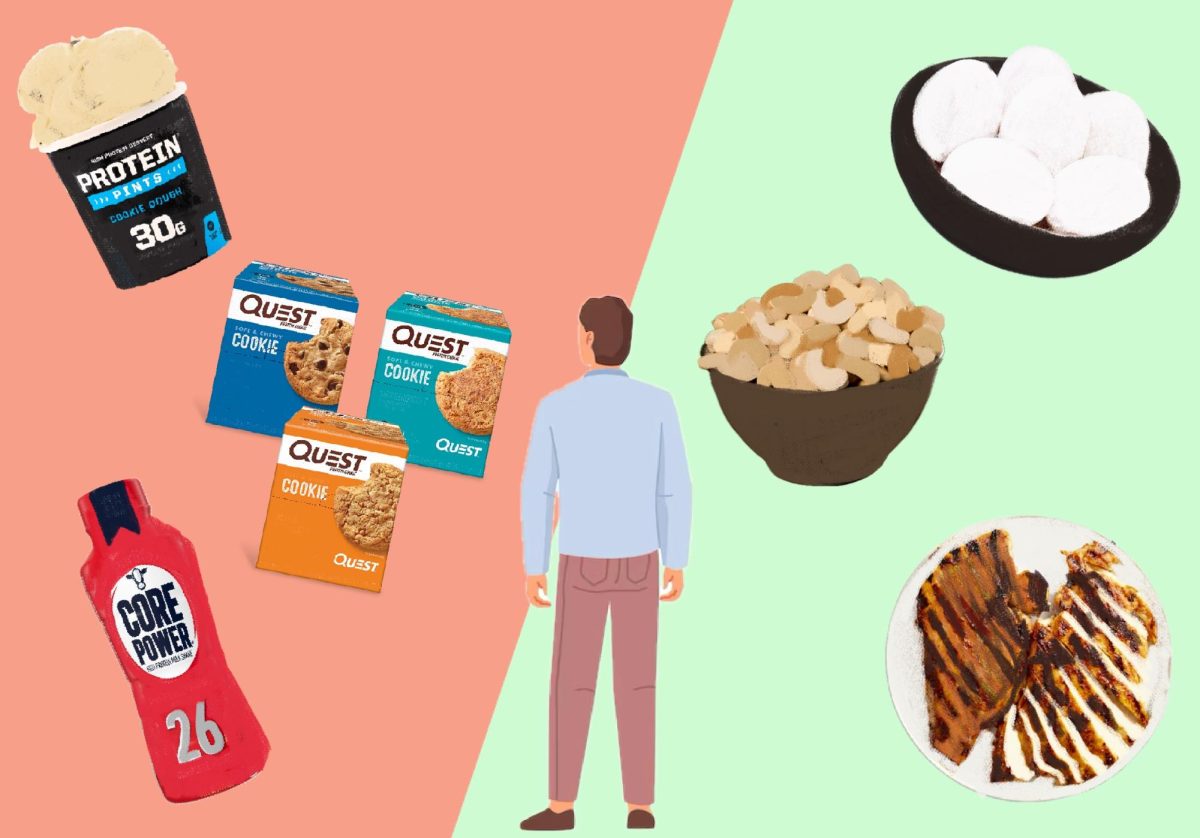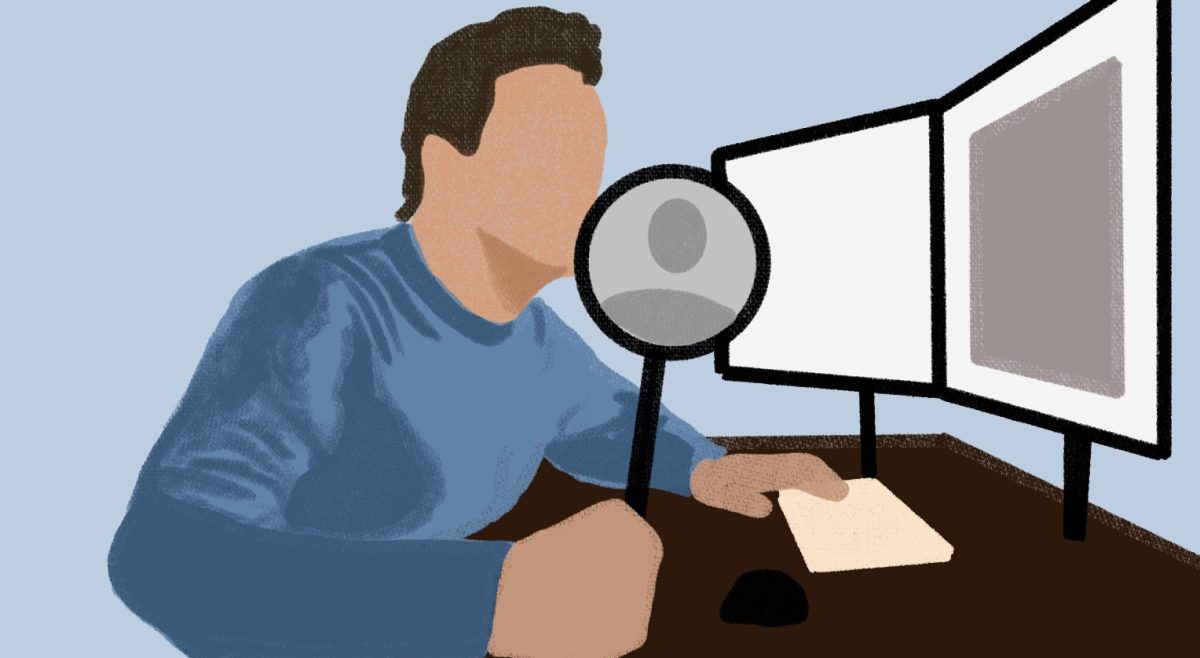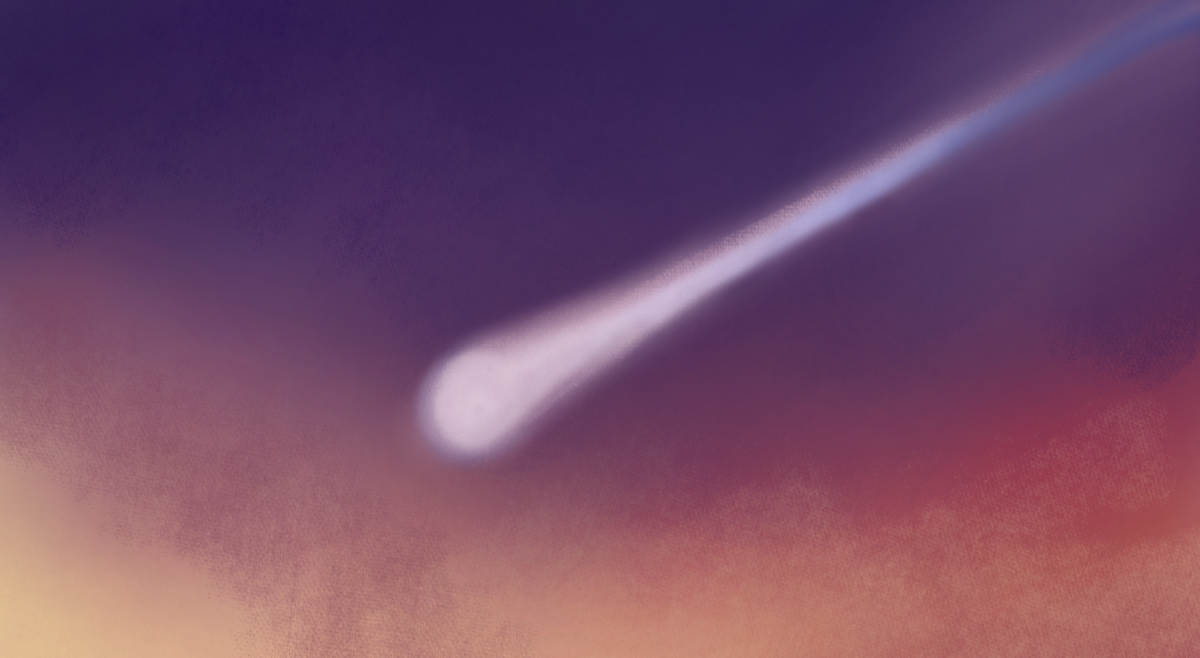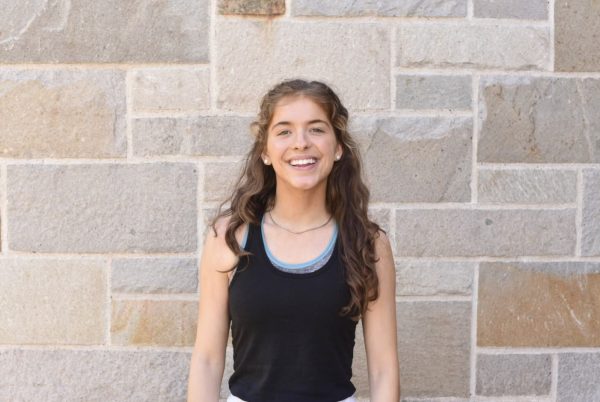Every day, middle school me spent hours practicing tennis alone against a backboard, with only my imagination to keep me company. At the time, all I focused on was perfecting my form, not realizing that I was also inadvertently training something even more important: the ability to daydream.
Back then, my daydreams were pure fiction. Each hour spent practicing brought new, elaborately constructed storylines with wildly differing plots depending on what struck my fancy that day. These daydreams not only cultivated a rich imagination but also the ability to nurture an inner life, completely independent of my external circumstances.
It was an inner life that I soon began envisioning as a “secret garden” in my mind, a hidden sanctuary that grew every time a new experience broadened my perspective. Each new curiosity brought a bundle of wisteria cascading down the garden’s stone wall. Every added nuance to my belief system became a butterfly bush. Each change of heart and hard-won lesson blossomed into water lilies floating gently down the garden’s moat. Indeed, when I was young, a summer camp counselor once affectionately told my dad, “I love how Brooke is always in her own little world.”
As I grew older, my daydreams began to change. They became more vivid and much more personal. Now, when I daydream, I no longer think of fictional characters. Instead, I think of real people. Most recently, I’ve been thinking about the viscerally real emotions that connect us all—–the universal experiences that could have happened to anyone, anywhere, at any time.
First, I imagine a person venturing outside at midnight, raising their eyes to the ever-expansive, glittering heavens, and feeling suddenly struck by the sense that there must be something greater out there. Then, I picture them standing in a forest, eyes closed, feeling the ground beneath their feet and the warmth of the sun on their skin. The chirping of birds and the hum of crickets fill the air as they experience, perhaps for the first time, a profound sense of interconnectedness with nature. Lastly, I think of people gathering in the name of faith, across time and space, all united by a shared sense of transcendence and a conviction in a higher power and one another.
These daydreams always dissolve into a thousand questions that all eventually boil down to one: what is ultimately real? When humans resonate deeply with one another and the world around us, is it simply the result of our neurons firing in response to stimuli, or is there something greater at play? A few months ago, I would have dismissed feelings of interconnectedness and transcendence as nothing more than confirmation bias. I would have argued that these emotions had no basis in fact or reality and that we assign them spiritual significance out of a desperate craving to force meaning into our lives.
But soon, that belief could no longer satisfy me, as I became obsessed with my newest moral dilemma. If the ultimate, highest form of truth is simply our concrete, external circumstances, how have humans overcome so much hardship? How can we imagine a better life for ourselves if our present reality is all that is truly real? Indeed, throughout history, humans have demonstrated that we are not only able to see beyond our hopelessly bleak reality, but we also somehow possess the strength to transform that reality. How can humans accomplish such great feats of resilience with nothing to propel them forward but a single spark of hope?
Searching for an answer, I turned to a famously resilient figure in our history: Frederick Douglass, a man born into American slavery who endured horrors too terrible to name. He not only freed himself but went on to become one of America’s most brilliant minds as a prolific writer whose work helped gather momentum for the emancipation of millions of Black Americans. It was in his book Narrative of the Life of Frederick Douglass, an American Slave that I finally discovered the answer: ultimate truth is determined not by external circumstances, but by our internal experience of the world.
“ I now resolved that however long I might remain a slave in form, the day had passed forever when I could be a slave in fact,” Douglas wrote.
This declaration of freedom contains a rare glimmer of absolute truth: reality is defined not by the external world or assigned labels, but by the emotional truth we decide to claim as our own. Indeed, purely based on Douglass’s life experience, he never should have been able to arrive at a place of such remarkable clarity. For decades growing up enslaved, Douglass had been systematically conditioned to believe he was less than human.
Everything he experienced reinforced this message, from the slave owners who beat him, to auctions that treated him like livestock, to the derogatory language he endured every day. Every indicator of physical and societal reality signaled to him that he was born into a lesser social class because of his perceived inherent inferiority.
Still, Douglass found the strength not only to separate his outer form from his inner reality but to take it one step further by deciding that his inner life was the truest reflection of reality, while everything else was simply outside noise. This revelation empowered him to begin cultivating a “secret garden” within his mind as he taught himself to read, searched earnestly for any possible means of escape, and allowed his mind to expand and grow in ways that his previously limited self could not have. He accomplished all of this despite remaining in bondage for years.
The human experience is not meant to be a solitary one. We are social beings for a reason. It’s not enough to nurture your secret garden alone because eventually, you’ll feel called to invite others into your garden with you and transform your lessons into your legacy.
That’s why, once he became free, Douglass spent years crafting a narrative that invited scores of people to enter his secret garden with him. In doing so, he not only shared his egalitarian vision with the world but also became an intrinsic part of making that vision a reality. The book became an instant bestseller. At the time, many people in the North had very little knowledge of slavery’s realities. Douglass’s first-hand account left them shocked and outraged, leading to unprecedented support for abolitionist organizations.
It’s one thing to cultivate a secret garden that nurtures your imagination, curiosity, and understanding of universal human experiences, as I’ve done. But it’s another thing entirely to cultivate it as an act of resistance, to preserve your inner light amidst overwhelmingly powerful forces aiming to snuff it out. Transforming that light into a rallying cry for justice, a movement for collective liberation, requires an even higher form of courage. Peace and progress must always begin with imagination, with people brave enough to dream it, brave enough to make it real.
With his ability to see the world not only as it was, but as it could be, Frederick Douglass was living, breathing proof that reality is defined not just by our present moment but also by its potential–that reality encompasses both our external and internal experiences.
This brings me to the question that started it all: what is ultimately real? Human resilience must be real because of its tangible impact both on the individual and on the world. Therefore, whatever is at the root of human resilience must also be real— and resilience always begins with belief. It begins with a belief strong enough to empower someone to cultivate a spiritual secret garden within their mind despite even the most horrific external circumstances.
You see, when Harriet Tubman was asked what gave her the courage to voluntarily plunge herself back into danger, again and again, to rescue her people from slavery, her answer was simple:
“I just asked Jesus to take care of me.”
And when Viktor Frankl endured the horrors of four different concentration camps and experienced the loss of his parents, brother, and pregnant wife during the Holocaust, he endured by holding on to one central belief.
“Everything can be taken from a man but one thing: the last of the human freedoms—to choose one’s attitude in any given set of circumstances, to choose one’s own way,” he wrote.
After all, perhaps resilience is nothing more than the foolhardy, often completely unfounded belief that if we decide to move forward with a deeper sense of purpose or possibility, even in the bleakest of times, we can accomplish extraordinary feats.
So perhaps God is not some guy in the sky pulling all the strings, but instead, is the ultimate realization of our own limitlessness. God is Frederick Douglass deciding to trust and cultivate his intuition despite the overwhelming dehumanization and oppression he faced–because belief empowers humans to perform untold miracles. Believing in God doesn’t mean he’ll magically grant you salvation or ensure you’ll go to heaven after death—those are human myths.
Instead, when you believe in God, the human spirit, or any higher sense of purpose, you are equipped with the resilience that allows you to create heaven right where you are—in a secret garden within your mind. So when humans gather to lift their voices in freedom’s song, smile with wonder at an old oak tree’s steady resilience, or stare awestruck at the stars above, those internal experiences of hope and transcendence are as real as the grass beneath their feet.
[/vc_column_text][/vc_column][/vc_row]

